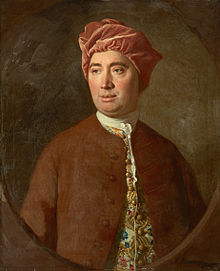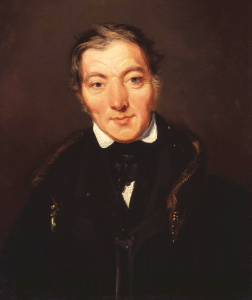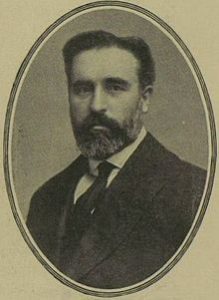Secularism and Freethought in Scotland
an Alternative Tradition
In listening to opponents of secularism in Scotland, one might be forgiven for thinking that questioning religious privilege is a recent phenomenon. While it is true that Scotland boasts a long Christian history, there is also an alternative tradition of freethought, secularism, and radicalism.

David Hume (1711-1776)
Thomas Aikenhead, a student at Edinburgh University, is one of the earliest and most tragic figures in this history. He was arrested late in 1696 and charged with blasphemy, a capital offence at the time,for, among other things, calling theology ‘ill-invented nonsense’ and asserting that Jesus and Moses were magicians who learned their craft in Egypt. Despite pleas from the young Aikenhead that he had repented his irreligious views, he was convicted and hanged in early 1697, though not without some Christians arguing for leniency. Aikenhead’s death was the final execution in Britain for blasphemy and remains infamous to this day.
Perhaps the most famous religious critic in Scottish history is David Hume. Though born into a strict Calvinist family, Hume became a fierce critic of religion, authoring works that disputed miracles, design in the universe, and the immortality of the soul. The charge of atheism dogged Hume for much of his life: he was turned down for various academic positions and narrowly escaped prosecution for heresy. The hostile climate toward religious criticism led Hume to ensure that his controversial Dialogues Concerning Natural Religion was published only after his death in 1776.

Robert Owen (1771-1858)
Secularism itself did not begin to take on an organised shape until the early nineteenth century. The social reformer and industrialist, Robert Owen, made his first contributions to secularism at New Lanark, where he pursued his experiments in utopian socialism. Owen’s desire for a ‘New Moral World’ brought him into conflict with established religion. For example, he came to advocate divorce law reform and marriage based on mutual affection. Suspecting the clergy of obstructing his reformist efforts, he openly attacked religion at a public meeting in London in 1817. While his utopian schemes weren’t always successful, his ideas about social reform and religious criticism attracted many adherents, particularly in Glasgow. The early secular organisations in Scotland combined Owenism with the ideas of Thomas Paine and the ‘infidel publisher’ Richard Carlile. In 1821 the first of these societies were established in Edinburgh and Glasgow.
It was not however until the 1850s that George Jacob Holyoake, a follower of Owen, coined the term ‘secularism.’ While most today would regard secularism as the separation of church and state, Holyoake saw secularism as much more than that: it was a positive philosophy of life that was unconcerned with questions of theology and instead dedicated to improving humanity through science and other worldly means. In the mid nineteenth century, secular societies began to spread throughout Britain. The high point of the movement came in the second half of the century, with flourishing secular societies in Edinburgh, Glasgow, Perth, Dundee, Paisley, Greenock, and Aberdeen.

John Mackinnon Robertson (1856-1933)
Glasgow’s secular society in particular had roots dating to the beginning of the century that built on its tradition of working-class activism. Many prominent Scottish secularists, like John Mackinnon Robertson from the Isle of Arran, eventually drifted to London, where they made key contributions to the development of the movement. The secularist tradition continued in the central belt of Scotland well into the twentieth century. In 1937, the Glasgow Corporation hosted both the National and Glasgow Secular Societies and it was noted that few other cities at the time would welcome the non-religious as well as those of faith. While it is true the figures discussed here were often lonely voices against Christian authority, today polling confirms that around half of Scots claim no religious affiliation. It is therefore dubious to suggest that Christianity deserves more privileges than other faith or non-faith groups because of numbers or tradition. Indeed, this alternative tradition of secularism and freethought has deep roots of its own in Scotland.
Dr. Nathan Alexander works at the School of History, University of St Andrews.
A version of this article originally appeared in CommonSpace, 4 March 2016.





